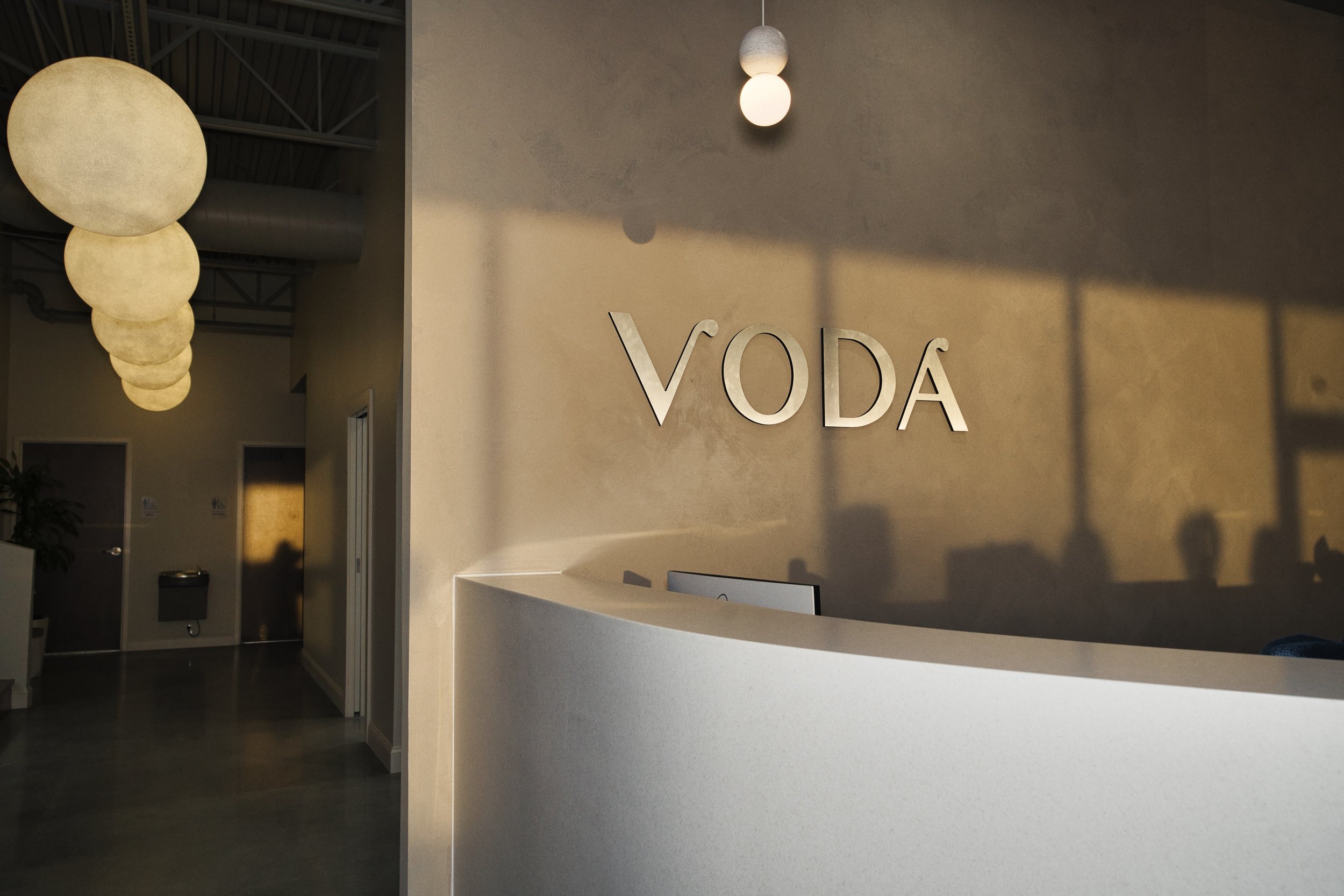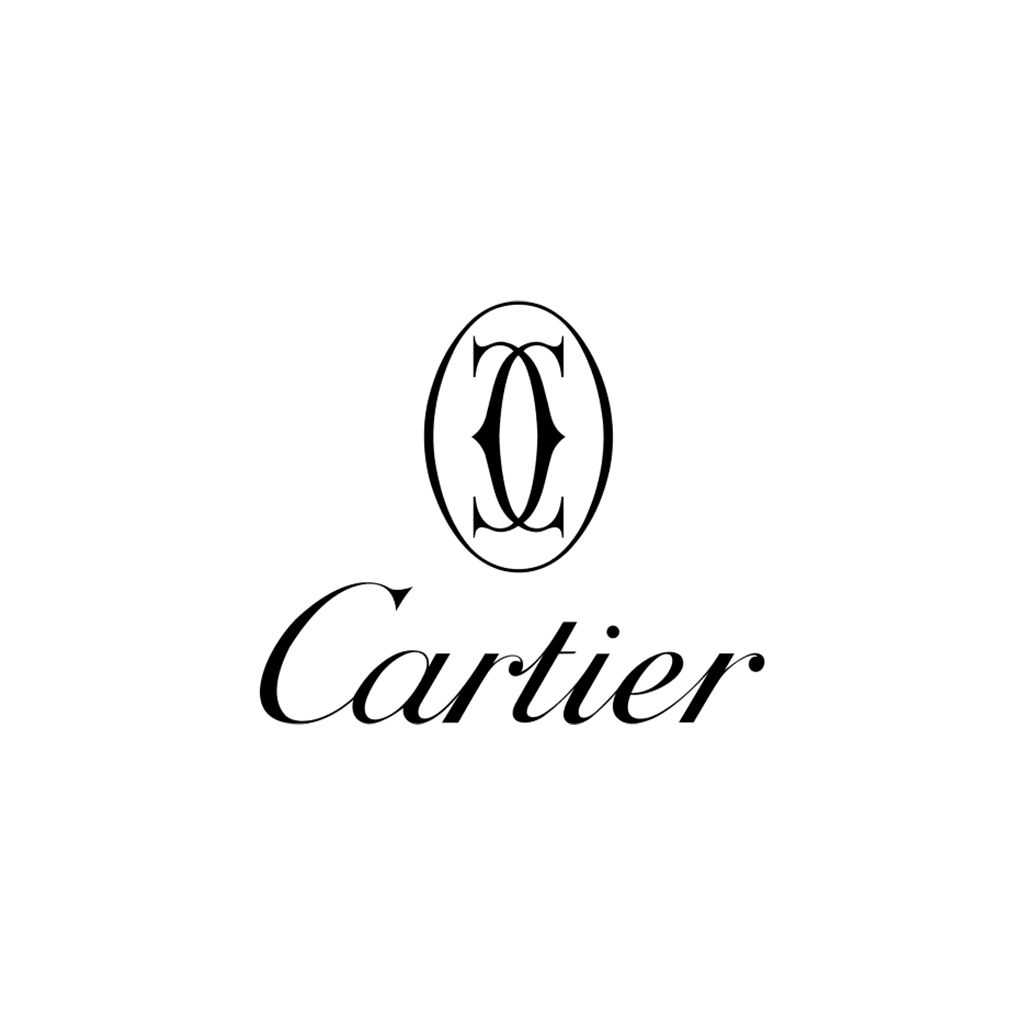
OPTOMETRIST IN SUWANEE, GA
New Patients Welcome!
NOW OPEN
Reimagine Your Eyecare Experience
What We Offer
Personalized care for the whole family — using the latest technology.
Comprehensive Eye Exams
Contact Lens Fitting
Dry Eye Treatment
Myopia Management
Emergency Eye Care
Our Curated Eyewear Brands
Handpicked for quality, comfort, and style.






















Our Story
More than a clinic — a calling.
VODA Eyecare was born from a passion for people, family, and vision care that truly makes a difference.
Every patient is seen, heard, and cared for like family.
Affordable Eye Care, Year-Round.
MEMBERSHIP
Explore our membership plans — great for individuals, families, and those without insurance.
What Our Patients Are Saying
— J.H., Suwanee, GA
“Dr. Kwon was so kind and thorough. I’ve never felt more cared for at an eye exam.”
— M.T., Suwanee, GA
“The office is beautiful, and the staff made me feel welcome from the moment I walked in.”
— R.L., Suwanee, GA















